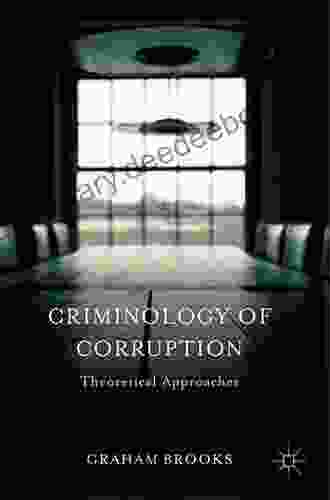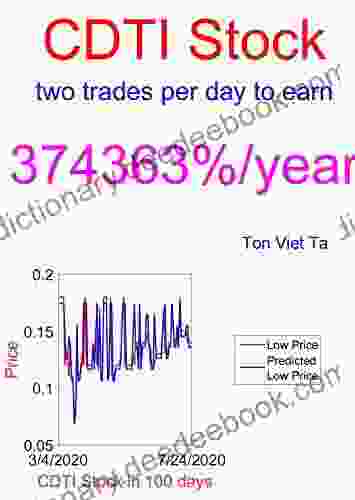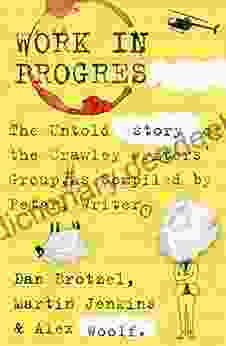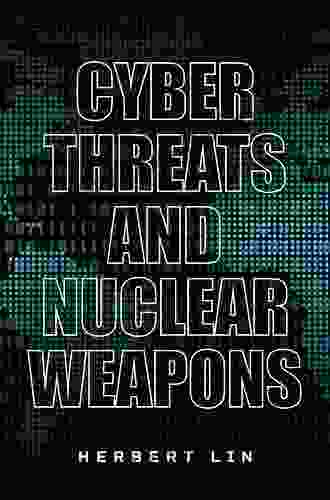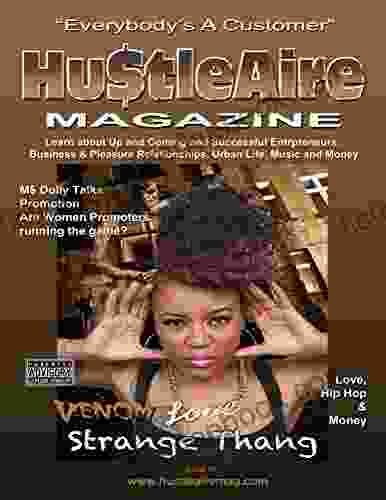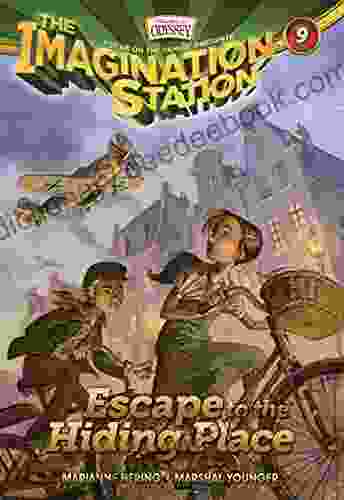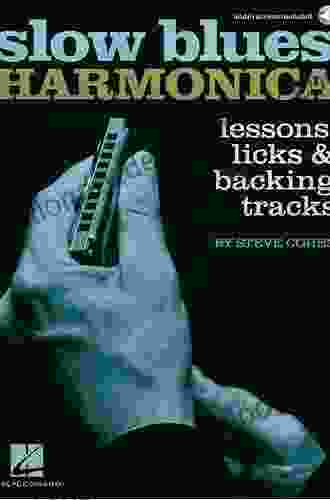Criminology of Corruption: Theoretical Approaches

Corruption is a complex and multifaceted phenomenon that has been studied by scholars from a variety of disciplines, including criminology, economics, political science, and sociology. Criminologists have developed a number of different theoretical approaches to understanding corruption, each of which offers a unique perspective on the causes, consequences, and prevention of this crime.
4.1 out of 5
| Language | : | English |
| File size | : | 749 KB |
| Text-to-Speech | : | Enabled |
| Screen Reader | : | Supported |
| Enhanced typesetting | : | Enabled |
| Word Wise | : | Enabled |
| Print length | : | 320 pages |
Individual-Level Theories
Individual-level theories of corruption focus on the characteristics of individual actors who engage in corrupt behavior. These theories typically assume that corruption is a rational choice made by individuals who weigh the costs and benefits of engaging in corrupt activities.
One of the most well-known individual-level theories of corruption is the rational choice theory. This theory argues that individuals engage in corruption when they believe that the benefits of ng so outweigh the costs. The costs of corruption can include the risk of being caught and punished, the loss of reputation, and the damage to relationships. The benefits of corruption can include financial gain, career advancement, and social status.
Another individual-level theory of corruption is the anomie theory. This theory argues that corruption is more likely to occur in societies where there is a high degree of social inequality and a lack of opportunity for legitimate success. In these societies, individuals may feel that they have no other choice but to engage in corrupt activities in order to get ahead.
Organizational-Level Theories
Organizational-level theories of corruption focus on the characteristics of organizations that are more likely to be corrupt. These theories typically argue that corruption is a product of organizational culture, structure, and processes.
One of the most well-known organizational-level theories of corruption is the agency theory. This theory argues that corruption is more likely to occur in organizations where agents (e.g., employees) have a high degree of discretion and are not subject to effective oversight. In these organizations, agents may be more likely to engage in corrupt activities in order to maximize their own personal gain.
Another organizational-level theory of corruption is the institutional theory. This theory argues that corruption is more likely to occur in organizations that are embedded in a corrupt institutional environment. In these environments, organizations may feel pressure to engage in corrupt activities in order to survive and compete.
Systemic-Level Theories
Systemic-level theories of corruption focus on the characteristics of the larger social and political system that contribute to corruption. These theories typically argue that corruption is a product of factors such as political instability, economic inequality, and weak institutions.
One of the most well-known systemic-level theories of corruption is the political economy theory. This theory argues that corruption is more likely to occur in countries with weak political institutions and high levels of economic inequality. In these countries, corrupt politicians and businesses may be able to take advantage of the lack of oversight and accountability to engage in corrupt activities.
Another systemic-level theory of corruption is the cultural theory. This theory argues that corruption is more likely to occur in cultures that tolerate or even encourage corrupt behavior. In these cultures, corrupt individuals may be seen as successful and respected members of society.
Corruption is a complex and multifaceted phenomenon that can be understood from a variety of theoretical perspectives. Individual-level theories focus on the characteristics of individual actors who engage in corrupt behavior, while organizational-level theories focus on the characteristics of organizations that are more likely to be corrupt. Systemic-level theories focus on the characteristics of the larger social and political system that contribute to corruption.
No single theory can fully explain the causes, consequences, and prevention of corruption. However, by combining insights from different theoretical perspectives, we can gain a more comprehensive understanding of this complex crime.
4.1 out of 5
| Language | : | English |
| File size | : | 749 KB |
| Text-to-Speech | : | Enabled |
| Screen Reader | : | Supported |
| Enhanced typesetting | : | Enabled |
| Word Wise | : | Enabled |
| Print length | : | 320 pages |
Do you want to contribute by writing guest posts on this blog?
Please contact us and send us a resume of previous articles that you have written.
 Book
Book Page
Page Text
Text Story
Story Reader
Reader Paperback
Paperback Magazine
Magazine Sentence
Sentence Bookmark
Bookmark Shelf
Shelf Glossary
Glossary Foreword
Foreword Annotation
Annotation Footnote
Footnote Scroll
Scroll Classics
Classics Biography
Biography Memoir
Memoir Reference
Reference Encyclopedia
Encyclopedia Dictionary
Dictionary Narrator
Narrator Librarian
Librarian Catalog
Catalog Card Catalog
Card Catalog Stacks
Stacks Archives
Archives Research
Research Scholarly
Scholarly Academic
Academic Reading Room
Reading Room Special Collections
Special Collections Interlibrary
Interlibrary Literacy
Literacy Study Group
Study Group Dissertation
Dissertation Reading List
Reading List Book Club
Book Club Theory
Theory Textbooks
Textbooks Lope De Vega
Lope De Vega Charles Ritchie
Charles Ritchie Sam Bowring
Sam Bowring Ben Chappell
Ben Chappell Herbert Lin
Herbert Lin Robert N Macomber
Robert N Macomber Matteo Pericoli
Matteo Pericoli Chanda Hahn
Chanda Hahn Rohit Bhargava
Rohit Bhargava Christina Nosek
Christina Nosek Amy Hest
Amy Hest Sheena Binkley
Sheena Binkley Pam Baren Kaplan
Pam Baren Kaplan David Mikics
David Mikics T A Williams
T A Williams Andrew James
Andrew James Jerry Butler
Jerry Butler Michael S Zambruski
Michael S Zambruski Luanne Rice
Luanne Rice Peter And Susan Edwards
Peter And Susan Edwards
Light bulbAdvertise smarter! Our strategic ad space ensures maximum exposure. Reserve your spot today!
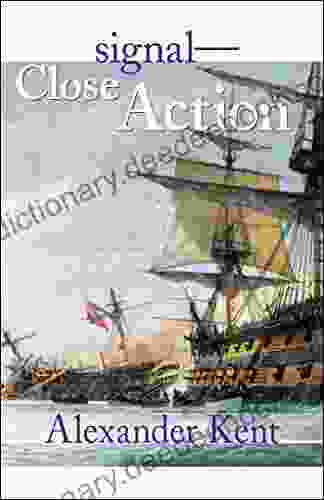
 Carlos FuentesThe Richard Bolitho Novels: A Captivating Saga of 18th Century Naval Warfare
Carlos FuentesThe Richard Bolitho Novels: A Captivating Saga of 18th Century Naval Warfare Douglas PowellFollow ·5.5k
Douglas PowellFollow ·5.5k José MartíFollow ·4.6k
José MartíFollow ·4.6k Shawn ReedFollow ·12.5k
Shawn ReedFollow ·12.5k Colin RichardsonFollow ·10.6k
Colin RichardsonFollow ·10.6k Jackson HayesFollow ·19.4k
Jackson HayesFollow ·19.4k Carlos DrummondFollow ·12.4k
Carlos DrummondFollow ·12.4k William ShakespeareFollow ·16.1k
William ShakespeareFollow ·16.1k John GrishamFollow ·18.5k
John GrishamFollow ·18.5k
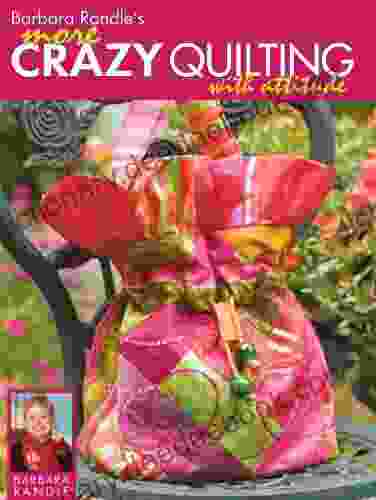
 Jerome Powell
Jerome PowellBarbara Randle: More Crazy Quilting With Attitude -...
A Trailblazing Pioneer in...

 Jan Mitchell
Jan MitchellLapax: A Dystopian Novel by Juan Villalba Explores the...
In the realm of dystopian literature, Juan...

 Rodney Parker
Rodney ParkerOur Mr. Wrenn: The Romantic Adventures of a Gentle Man
Our Mr. Wrenn is a 1937 novel...
4.1 out of 5
| Language | : | English |
| File size | : | 749 KB |
| Text-to-Speech | : | Enabled |
| Screen Reader | : | Supported |
| Enhanced typesetting | : | Enabled |
| Word Wise | : | Enabled |
| Print length | : | 320 pages |


